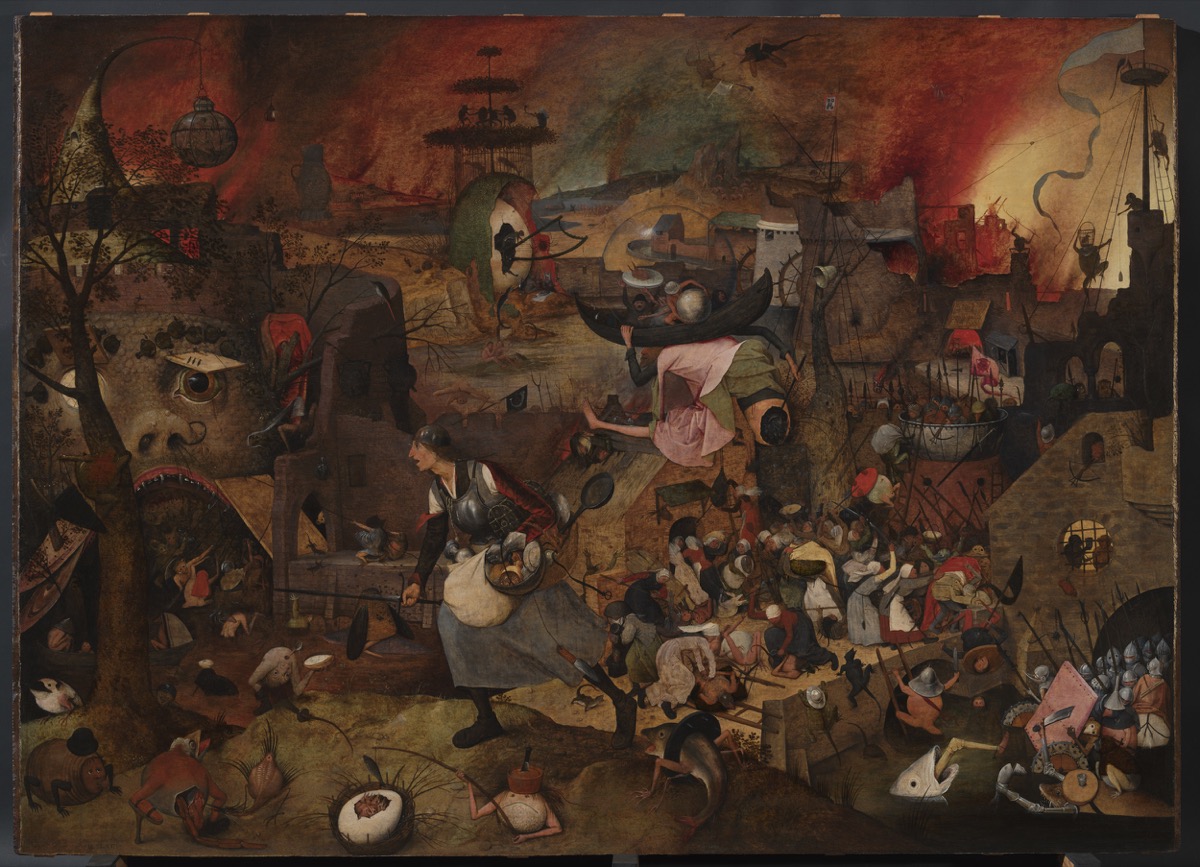What did Christians believe in hell throughout history?
After an introduction to the three main views on hell, we presented here the great names of history and what they defended on the subject. (Go to the introduction to view the index)
Joel Denck (circa 1500? 1527)
Denck was regarded in his brief life as one of the leading representatives of Anabaptist thought, although immediately before his death he had abjured the idea that baptism should be a sign of the earlier existence of the faith, so he reconciled with the classical Protestant. Did Denck understand that? It was an inner word that speaks to the heart of every human being, which would save those who have not heard the gospel. Denck has been accused of universalism, and his teachings on salvation seem to go that way. direction, although it is unclear whether he has really claimed that everyone will be saved.
John Calvin (1509-1564)
Calvin remained with Luther against Zwinglio about the absolute need to hear the Word of God to be saved. For Calvin, the doctrine of predestination explained why it was right that only those who had heard the gospel be saved (by ratifying the original sin as defined by Augustine, which Zwinglio had questioned, Calvin obtains a foundation to sustain condemnation even from those who seemed never to have had the opportunity to escape. ) However, as Luther, Calvin focused on the existential dimension of condemnation, as a separation from God. , and not in the physical torments of hell described in many of the visionary preachings and writings of the Middle Ages. For this reason, in Calvin’s description, Jesus suffered the torments of hell in Gethsemane and on the cross when he was abandoned by God because of our sins.
John Milton (1608-1674)
Milton’s influence on later conceptions of hell was made possible in large part by his masterpiece of poetry, Paradise Lost, a play depicting a humanized Satan in opposition to traditions that described the devil as grotesque and monstrous. . acquaintance, he described his fate more in psychological than physical terms 😕 Only hell confronts me with this escape: / I’m worse hell! the other, digging / In the depths of the abyss, in the depths of the depths, / And threatening to plunge me into such horrors, / For me it would be paradise if I compared it / With this hell in which I suffer!? (translation by Antonio José de Lima Leito, Río: W. Mr. Jackson, 1956). Many authors of Romanticism, with their penchant for excluded and anguished heroes, found in this portrait something to identify and considered Satan as the true hero of the poem.
The physical description of hell by Milton – a large, dark, hot, painful, endless and centered place around a lake of fire – is the traditional vision, but it has a particularly strong force to reinforce all these traits: “But none of these burns flames; rest and peace cannot live, / Where hope, which presides over everything, / Do not even disturb: the bastards / Endless lacerated affliction?(translated by Antonio José de Lima Leito).
John Locke (1632-1704)
Locke is a well-known writer who promoted religious tolerance and defended Christianity as a religion reasonably appropriate for the intellectuals of the Enlightenment to believe. In at least some of his writings, did he approve of annihilation?The idea that if the saved enjoy eternal life with Christ. , the condemned will simply be annihilated immediately or after a specific period of punishment, rather than suffering torment for eternity. (Regarding the “inextinguishable fire” quoted in various parts of the Bible, he commented that this does not mean that the bodies burned there. they were never consumed, only that the worms that were gnawing and the burning fire were constant and would not stop until people were destroyed. ?)
Like John Milton, Locke is often quoted in universalist uniqueist places, but, like Milton, it is more due to his unrthodox beliefs about the Trinity and his defense of tolerant Christianity (within certain limits?To tolerate both Catholics and atheists?) That any universalism in his writings.
Authorizations: You are authorized and encouraged to reproduce and distribute this material in any format, provided that you add the above information, do not edit the original content, and do not use it for commercial purposes.

